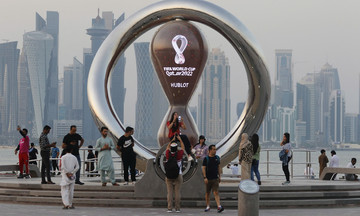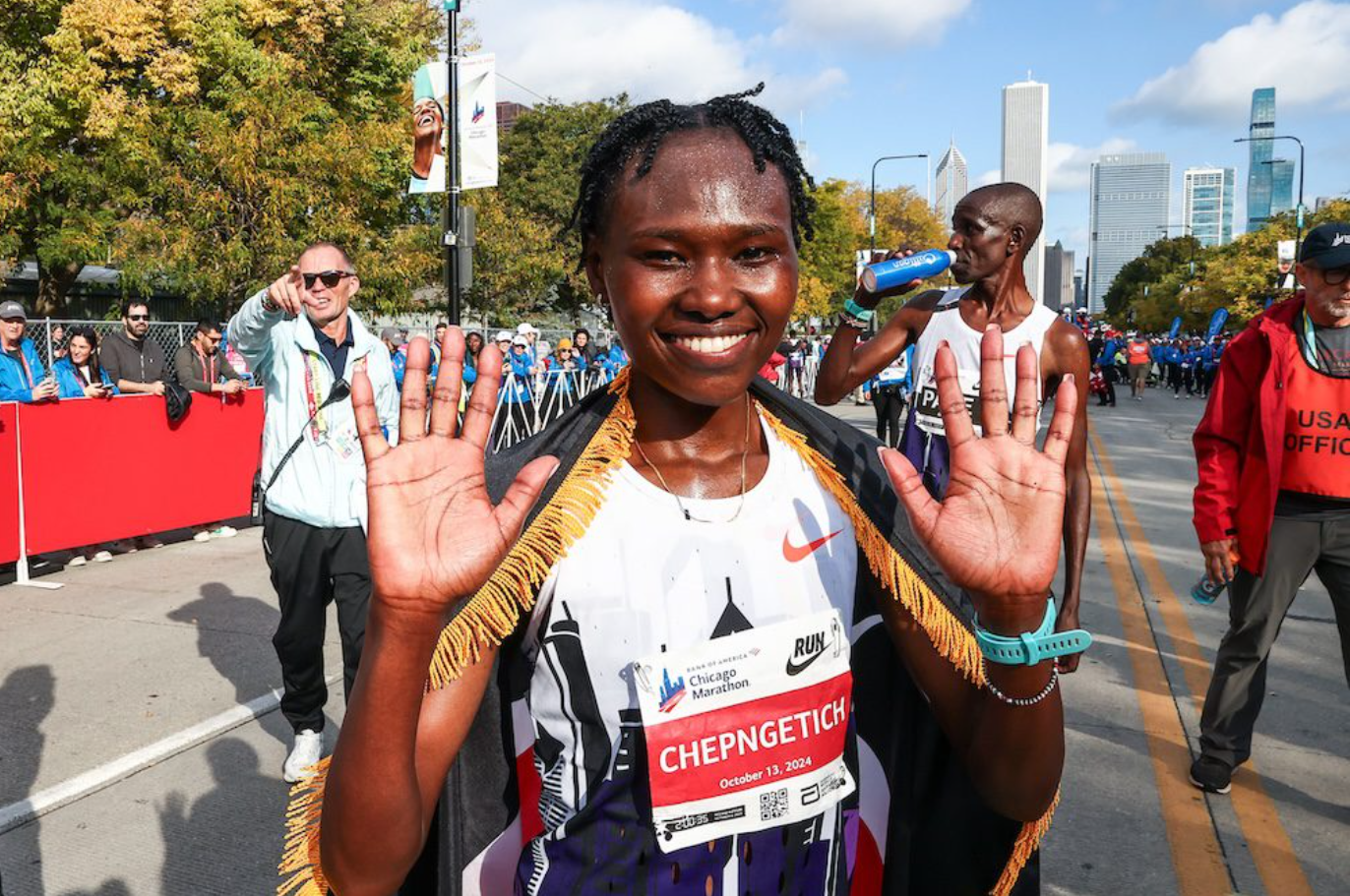 |
At the 2024 Chicago Marathon on 16/10, Chepngetich dominated the race, finishing with a time of 2 hours, 9 minutes, and 57 seconds, shattering the previous record of 2 hours, 11 minutes, and 53 seconds set by Tigist Assefa (Ethiopia) at the 2023 Berlin Marathon. The Kenyan runner became the first female athlete to complete the 42km distance in under 2 hours and 10 minutes—a feat once considered impossible.
 |
On 17/7, Chepngetich was provisionally suspended after testing positive for hydrochlorothiazide (HTCZ), a banned diuretic often used to mask performance-enhancing drugs (PEDs). Chepngetich's sample was taken on 14/3, not during her record-breaking performance at the Chicago Marathon in October 2024. Therefore, it is likely the Kenyan runner will retain her record regardless of the doping investigation's outcome.
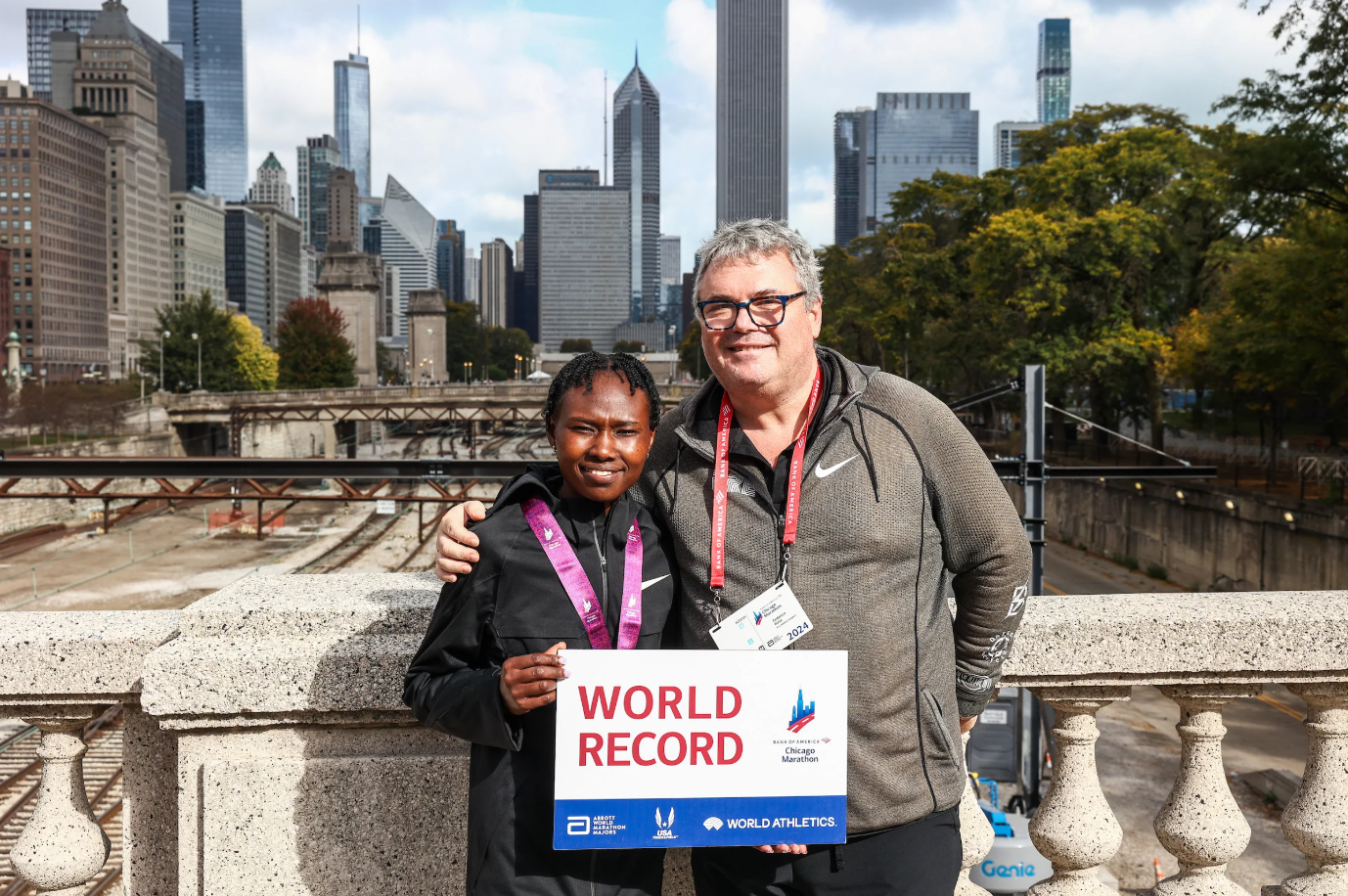 |
Chepngetich's doping scandal has also brought renewed attention to her agent, Federico Rosa, an Italian athlete manager. Rosa has represented many top athletes, but at least eight have been implicated in doping cases. Most recently, in 5/2025, Maryna Bekh-Romanchuk, a Ukrainian long jump star and two-time world silver medalist, was also provisionally suspended after testing positive for testosterone.
In this context, the legacy of world records that remain despite doping allegations or suspicions is under renewed scrutiny. Many of these records, unbroken for decades, are being closely examined, especially those set long before advanced testing procedures and detection technology existed.
Many world athletics officials have proposed "wiping clean" records set before 2005, when the International Association of Athletics Federations (IAAF) began storing blood and urine samples for retesting.
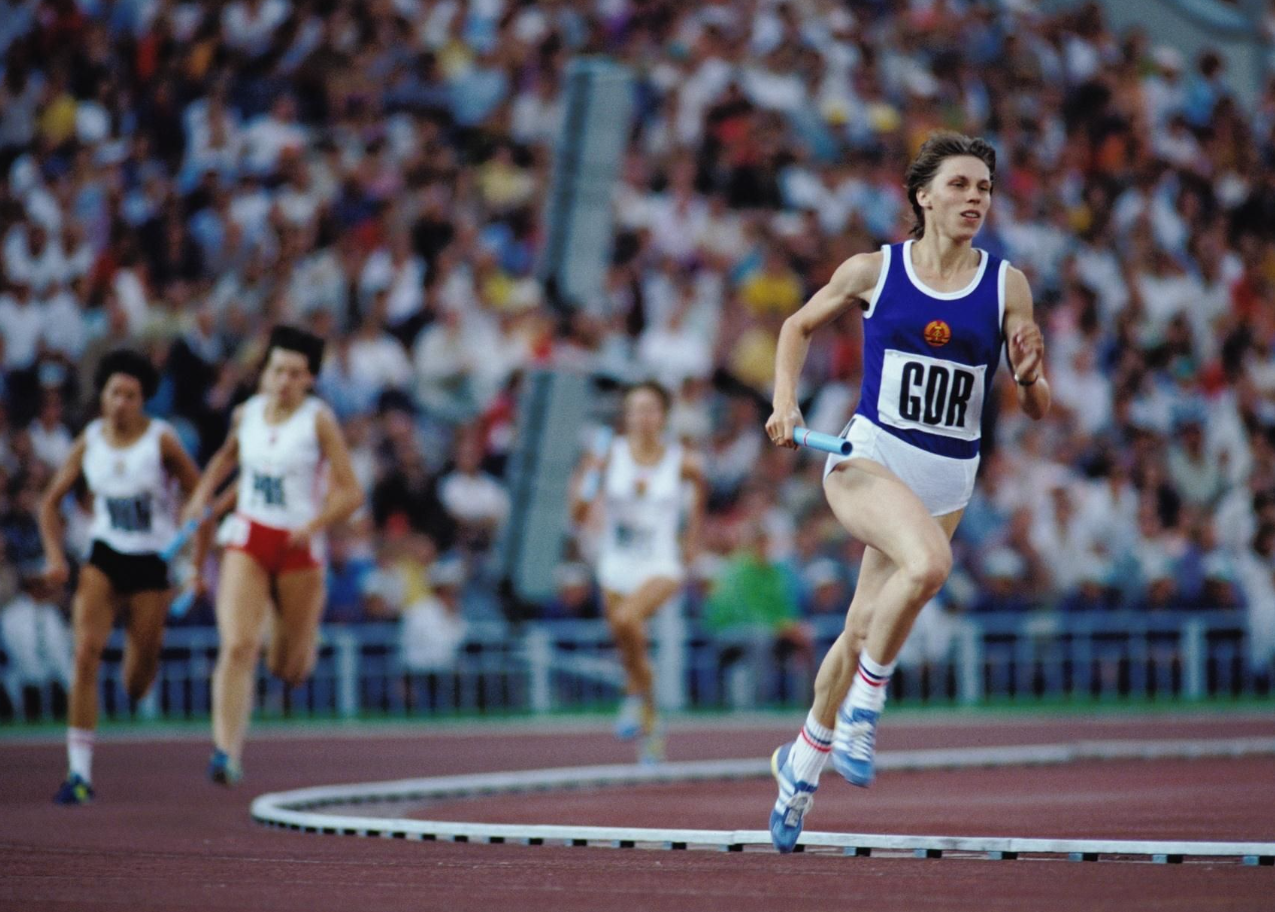 |
Below are some of the most controversial world records in athletics history, which—like Chepngetich's—will likely remain in the record books despite lingering doubts about their validity.
East German athlete Marita Koch still holds the women's 400m world record, with a time of 47.60 seconds set in 1985. This time is nearly 0.4 seconds faster than any other female athlete has achieved since—a difference considered "unbelievable" in elite athletics. During her illustrious career, Koch set a total of 16 outdoor and 14 indoor world records, won the 400m gold medal at the 1980 Moscow Olympics, and the 200m world championship in 1983. Although never caught using doping according to the testing methods of the time, Koch competed during a period when East Germany allegedly operated a state-sponsored doping program. In 1992, anti-doping activists in Germany released internal documents revealing doping data for many East German athletes. Among them was Marita Koch, who was alleged to have used the anabolic steroid Oral-Turinabol between 1981 and 1984.
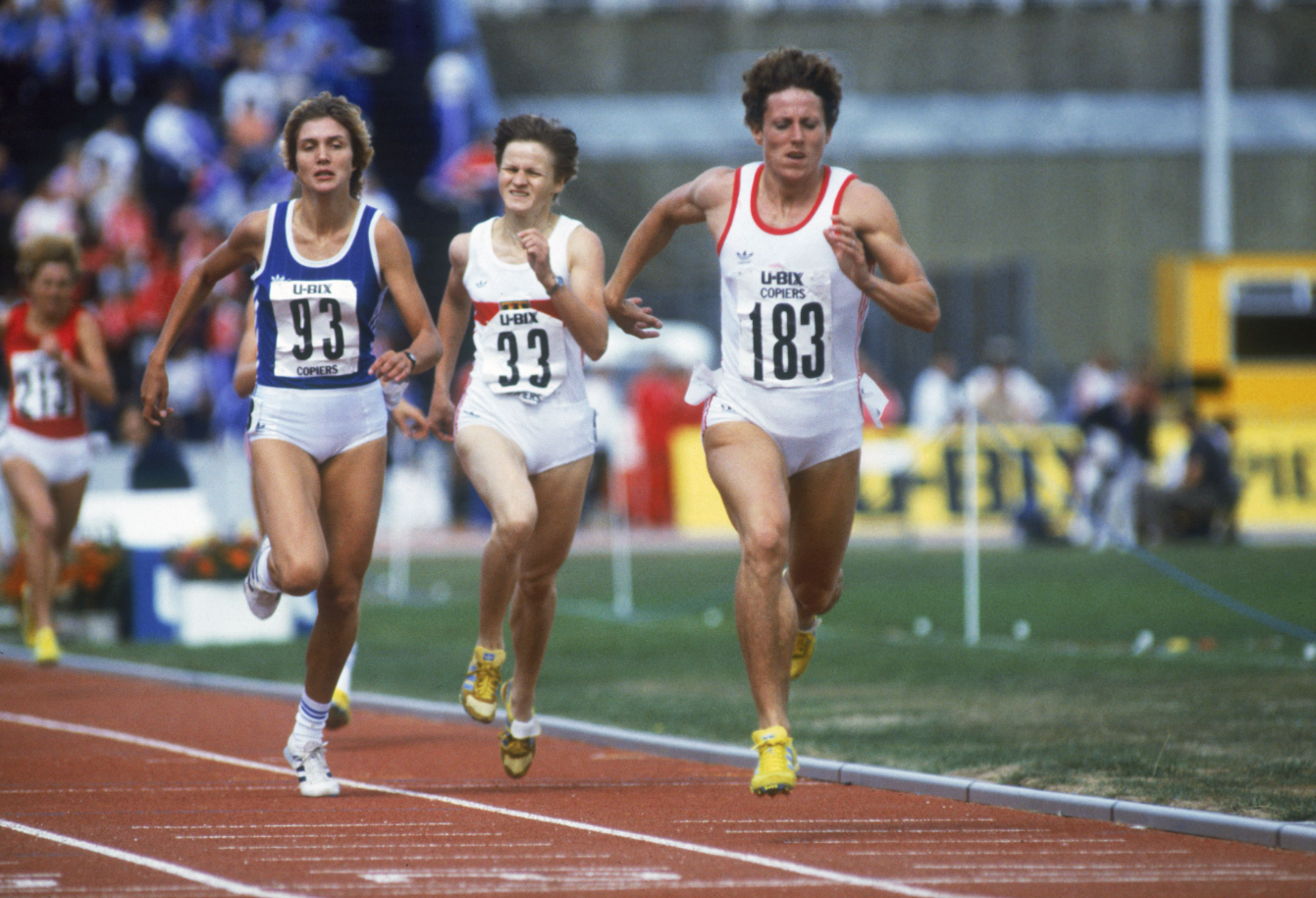 |
In 1983, Czechoslovak athlete Jarmila Kratochvilova became the second woman in history to run the 800m under 1 minute and 54 seconds, with a time of 1 minute, 53.28 seconds—a world record that still stands 42 years later. That same year, at the 1983 World Athletics Championships, Kratochvilova won double gold medals in the 400m and 800m, and set a world record in the 400m with a time of 47.99 seconds. While this record was later broken by Marita Koch, it remains the second-fastest in history. Despite doping suspicions, Kratochvilova has never tested positive in any drug test. In 2006, a Prague newspaper published an investigation revealing that the Czechoslovak government had run a state-sponsored doping program, similar to East Germany's. However, there is no direct evidence linking Kratochvilova—Czechoslovakia's most prominent athlete at the time—to this system.
 |
Cuban athlete Javier Sotomayor set the men's high jump world record in 1993 with a height of 2.45m—a feat no one has come close to matching, with a 2cm gap to the second-highest jump in history. A year earlier, Sotomayor won the Olympic gold medal at Barcelona 1992, solidifying his status as the world's best. However, Sotomayor's legacy has been tarnished by doping scandals. At the 1999 Pan American Games in Winnipeg, he tested positive for cocaine, was stripped of his gold medal, and received a two-year ban. In 2000, the ban was unexpectedly reduced, allowing him to win a silver medal at the Sydney Olympics. However, just a year later, Sotomayor tested positive for nandrolone, an anabolic steroid, and received a lifetime ban. Over three decades later, his 2.45m jump remains the absolute pinnacle of high jumping, but also one of the most controversial records in history.
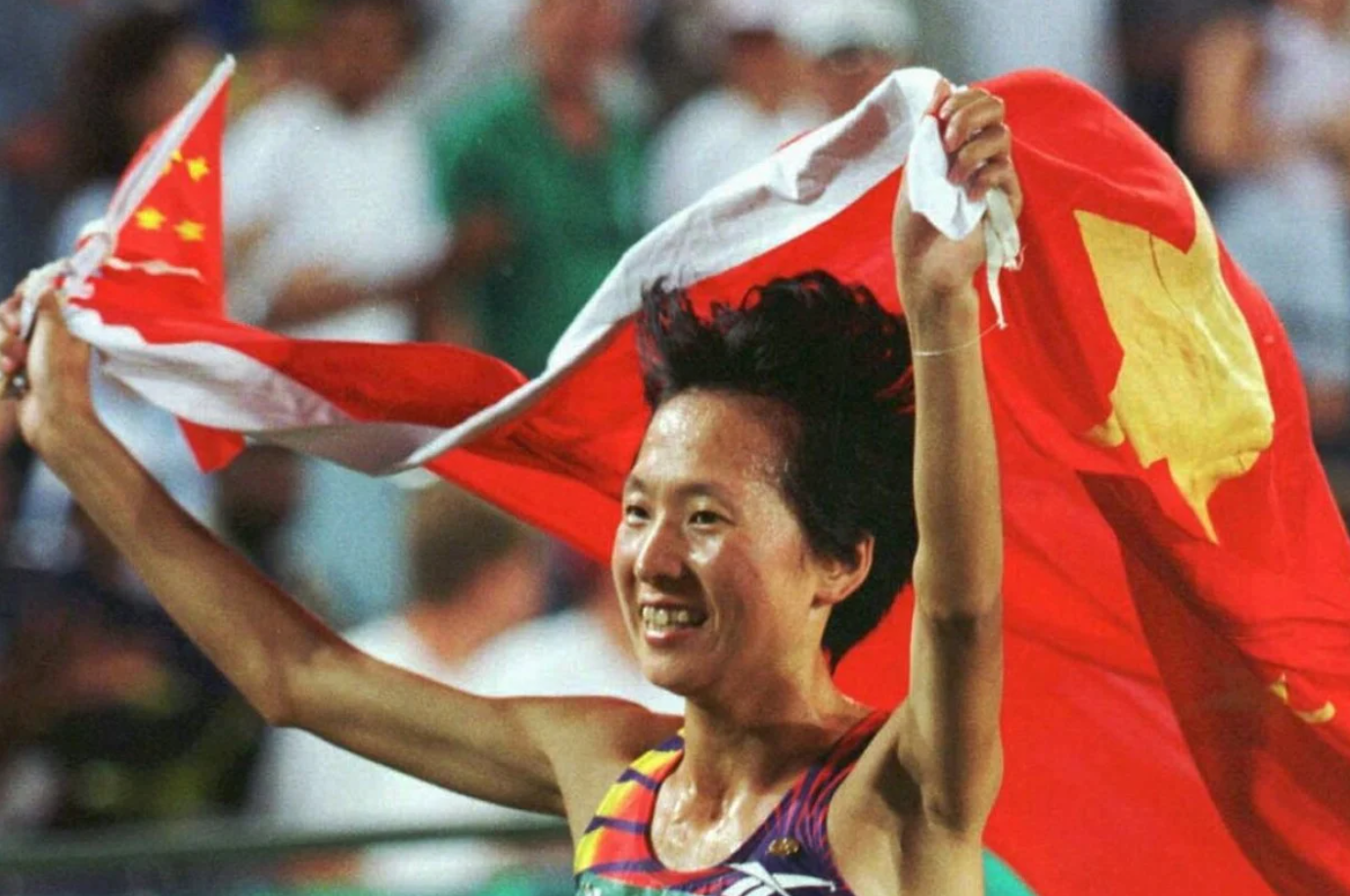 |
In 1993, Chinese athlete Wang Junxia set the women's 3,000m world record with a time of 8 minutes, 6.11 seconds—a time still over 5 seconds faster than any other female athlete. Beatrice Chebet, the current world record holder in the 5,000m, has a best 3,000m time of 8 minutes, 11.56 seconds set in 5/2024. Wang also held the women's 10,000m world record with a time of 29 minutes, 31.78 seconds—a record that stood for 23 years. However, Wang's achievements have been overshadowed by decades-long doping suspicions. In 2016, the IAAF launched an investigation after a letter written in 1995 was made public. The letter, co-signed by Wang and nine other athletes, all coached by Ma Junren, accused Ma Junren of forcing them to use banned substances during training and competition. Despite this confession, Wang Junxia's 3,000m record has not been annulled.
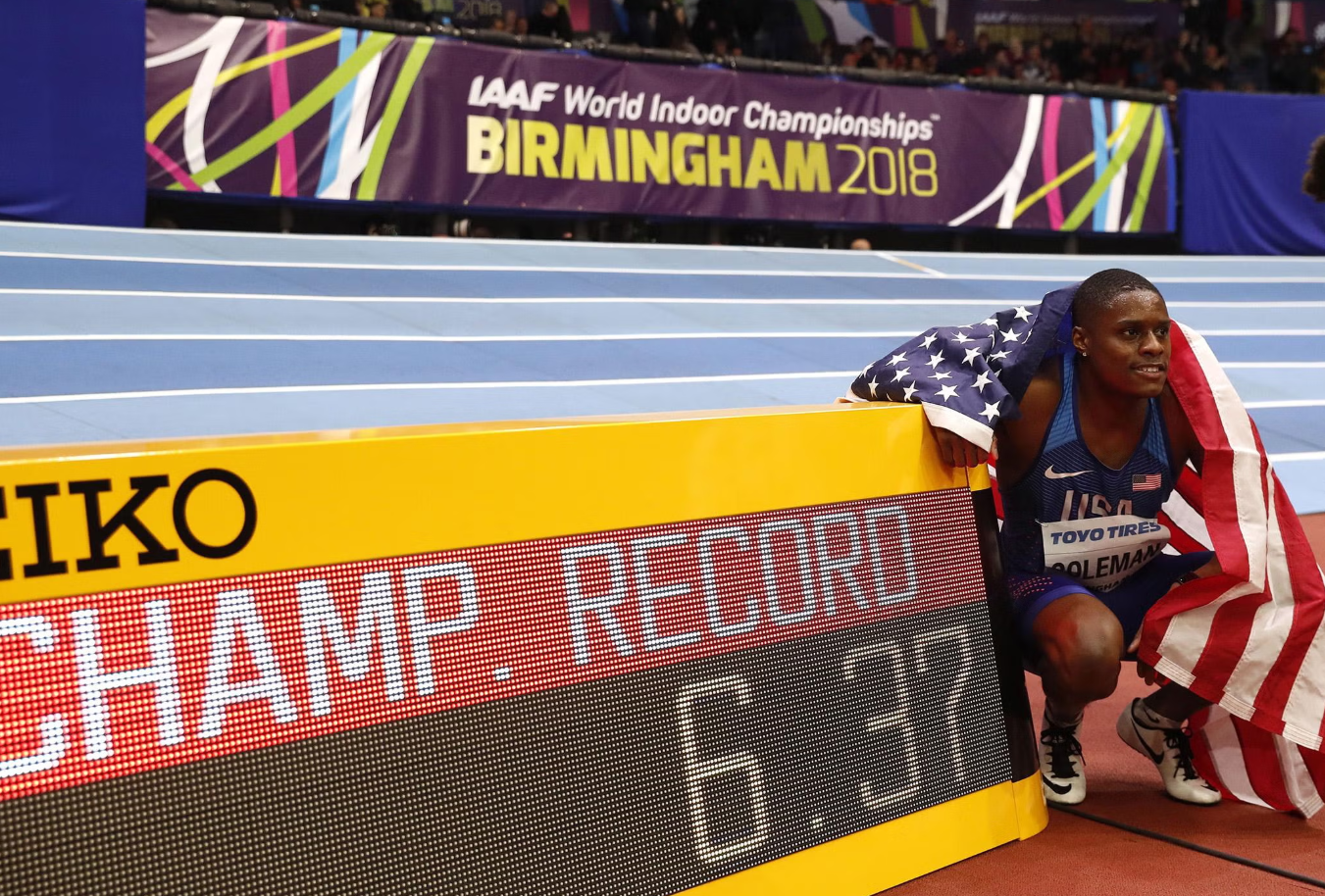 |
In 2/2018, American athlete Christian Coleman broke the 20-year-old indoor 60m record with a time of 6.34 seconds, surpassing the 6.39 second mark set by legend Maurice Greene. A year later, Coleman won the 100m gold medal at the 2019 World Championships. However, in 2020, Coleman was banned for two years for missing three out-of-competition doping tests, classified as a "whereabouts failure" under World Anti-Doping Agency (WADA) rules. Importantly, Coleman has never tested positive for banned substances. Nevertheless, this incident raised questions about the transparency of his achievements.
Hong Duy
Photos: Reuters, Canadian Running Magazine











